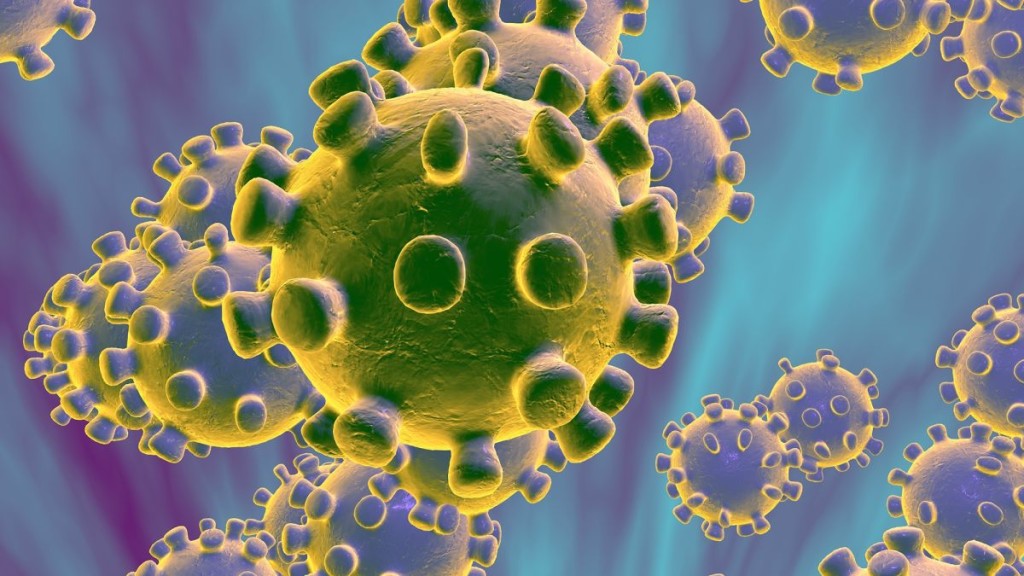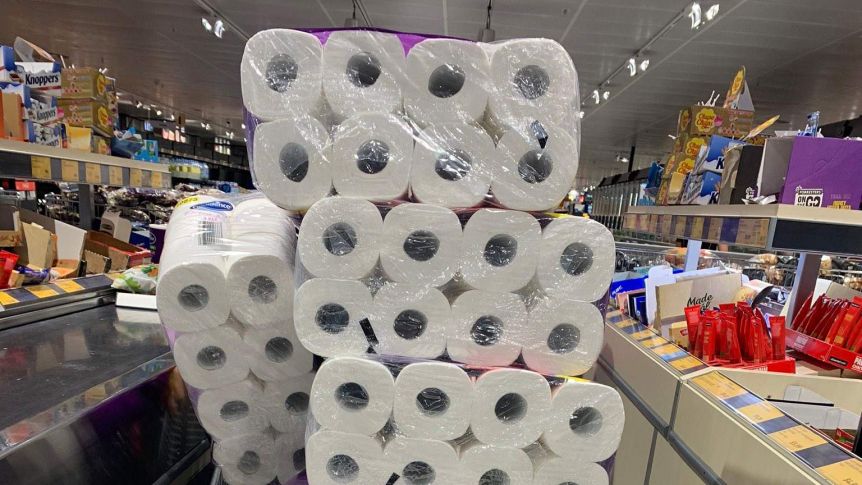Just because we are all suffering from the coronavirus crisis, that does not mean that the potential for other disasters have been put on hold. If any of these were to happen in the next few months, tragedy could be exponentially worse.
Volcanoes – won’t make airlines suffer any more than they are now, but a super-volcanic eruption would mean years of “nuclear winter” and reduced food production. Imagine a lower supply of food combined with the panic buying of today. The last such winter, people were so starving they killed other people to get food. Such an eruption would have no warning.
Massive solar storm – we (in advanced countries) cannot function without the electrical grid, and the Internet. A solar storm has the potential to wipe out both and we would have 1-2 days warning at best. Imagine social isolation combined with no electricity.
War – I typically never discuss war because we are rapidly trending away from it. If the armed forces of a country were hit hard by the virus, and a neighbouring country found out, invasion is a possibility.
Another virus – viruses don’t wait in line. Pandemics are so rare that they are years or decades apart. But that doesn’t mean we can’t have two at once.
Civil war – only happens when enough of the citizens are pissed off and/or listen to a charismatic leader. It his age of fake news and anti-vaxxers., don’t be surprised if a country has an outbreak of violence from stupid people who listen to a manipulative liar.
Hackers – will be rubbing their hands with glee, due to so many people working from home and not necessarily securely
Malicious Individuals – it wasn’t too long ago Australia had someone putting needles in strawberries. Thieves might take advantage of distracted police and empty businesses. Are security guards still working?
And beware the Far Right looking to make something out of this.
People are already sombre and depressed. If we were to get a double whammy, mental health could decline dangerously.
But on the plus side, we have over 1,000 episodes of Joe Rogan’s show we can watch on YouTube.




